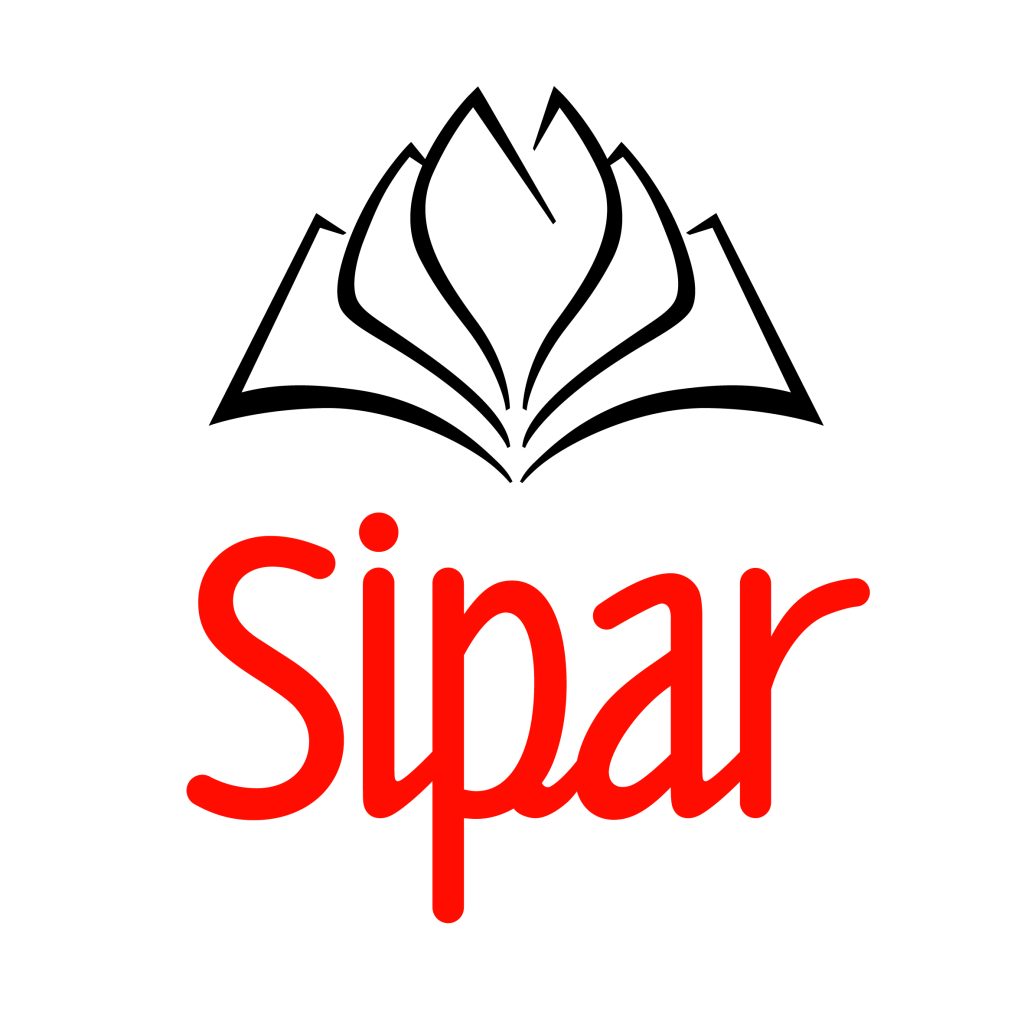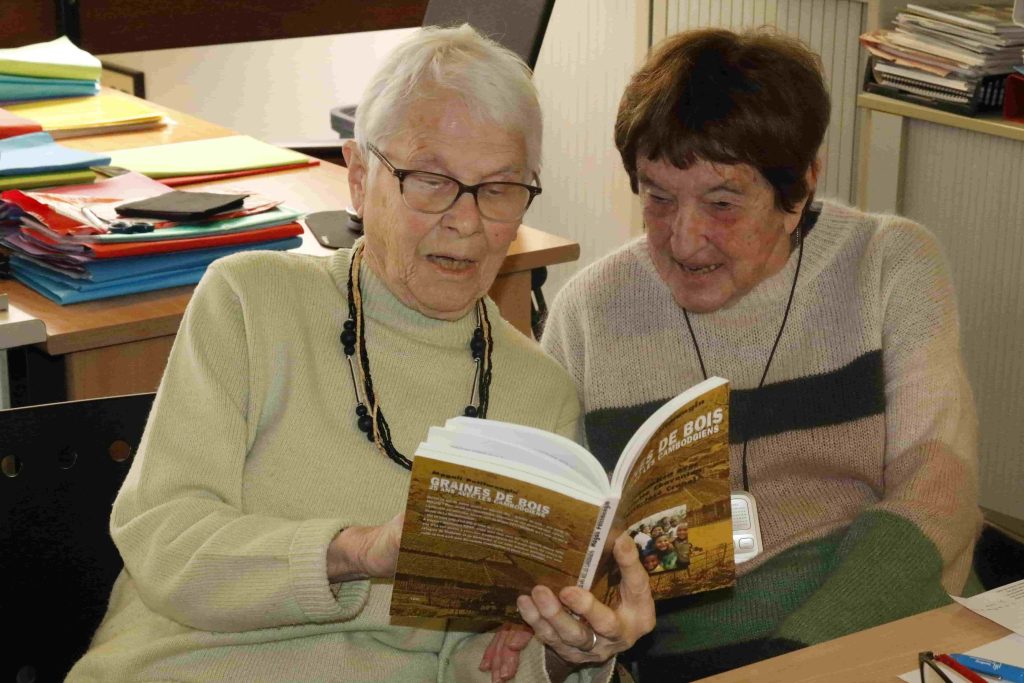key dates
1982 : Sipar creation in France
Sipar was born to help welcome and integrate Cambodian, Vietnamese and Laotian refugees in France. Sipar then formed "hospitality groups": French people who unite to receive a family of exiles and accompany them until they are autonomous. It then had to find funds to ensure daily life, housing, work, goodwill to accompany in the administrative procedures, the schooling of the children, and then of course the sense of welcome and human warmth to share with those who take refuge with us.
1986: In the camps of Thailand
Sipar works to help refugees before they arrive in France. Sipar opened its first French classes at phanat Nikhom camp in Thailand, where refugees were waiting for their departure for France. Sipar teachers teach the French language and culture to their students to better prepare them for their integration into France. In 1989, Sipar began working in sites on the Khmer-Thaï border to prepare the populations for their repatriation to Cambodia, after the Paris agreements...
1991: Sipar arrives in Cambodia
From 1991, at the request of the Cambodian Ministry of Education, volunteer pedagogical advisors were sent to the Provincial Directorates of Education and the Schools of Pedagogy of Kompong Speu, Kompong Chhnang, Prey Veng and Kandal... Sipar shifts its focus to development aid.
1993 - 1994: First school libraries
After the closure of refugee camps in Thailand in 1992, Sipar opened the first children's library in Cambodia in a wooden house in Kompong Speu in 1993.
No books in Khmer: at that time children's books in their language were non-existent. Sipar has selected, purchased and imported books from France and Thailand. The texts were translated into Khmer and pasted directly into the books.
1993 to 2016: The School Libraries Program
Since 1993, in partnership with the French Ministry of Education, Sipar has set up 318 school libraries. Sipar helps reinforce school library standards and train librarians in elementary school.
2000: Start of the mobile library program
In 2000, Sipar's first mobile library was born, a minivan, financed from its own funds. Today, there are 11 mobile libraries operating in 7 provinces including Phnom Penh including 7 minivans, 2 tuk-tuk libraries and 2 boat libraries on Tonle Sap Lake.
2001: Birth of the Publishing department
When Sipar started building libraries, no Khmer books existed. We translated by hand into Khmer directly on the pages of the books the texts in French or English of illustrated albums for children. Since 2001, Sipar has also become a publishing house and pioneer in its field in Cambodia. Since 2001, 3.6 million copies have been printed and 320 titles have been published for all ages, from kindergarten to adults.
2011: Start of the "Education in prisons" program
In 2011, Sipar set up a pilot project in four prisons to install libraries and promote reading among inmates. Today, 28 prisons are equipped with libraries and managed by Cambodia's General Department of Prisons. The program benefits over 42,000 inmates every year.
2011 : Start of youth development program
In 2011, Sipar set up "Youth Clubs" in rural areas to promote the voluntary commitment of young people to the development of their communities. Since 2021, this program, also supports young people in high schools to improve their job prospects through vocational corner libraries.
2018 : Start of "Education in brick factories" program
In 2018, Sipar began working in brick factories. The people working there are extremely vulnerable. In 2018, Sipar operates two mobile libraries in 12 brick factories. Since 2023, four mobile libraries have been serving 32 brick factories for the socio-educational development of workers and their children.
2023 : Sipar Publishing becomes a social enterprise
In 2023, the Khmer-language book publishing program was separated from the activities of the Sipar association.
The Sipar publishing house is now a fully-fledged entity, with the long-term aim of contributing to the association's social missions through the revenues generated by the sale of its books.

